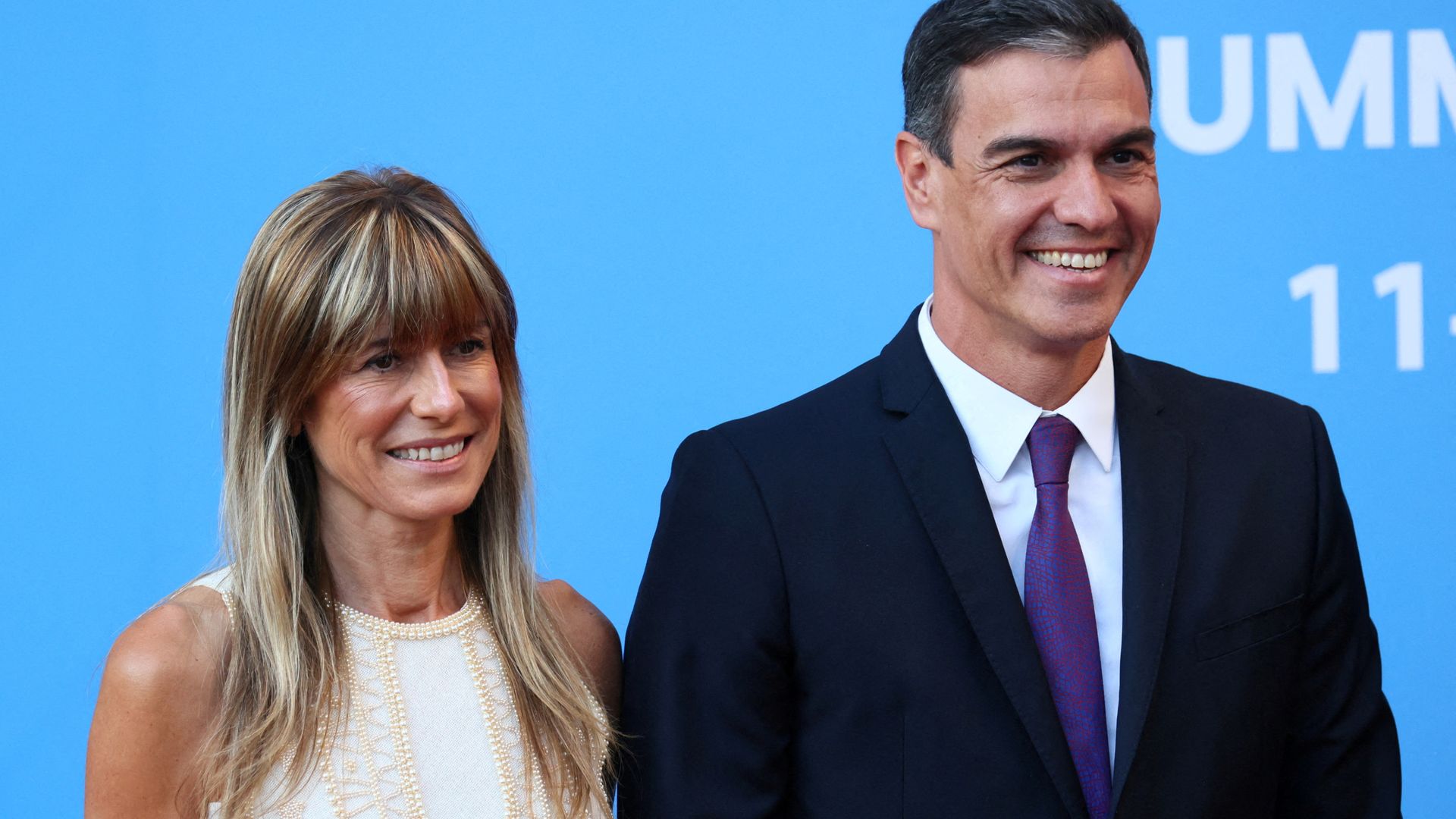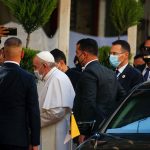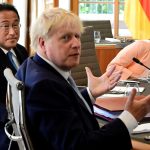Spain’s prime minister has decided not to resign despite his wife being investigated over corruption claims.
Pedro Sanchez said he was pausing public duties and considering his future last week, but confirmed on Monday he would continue as leader.
“I have decided to go on, if possible even stronger as prime minister. This is not business as usual, things are going to be different,” he said in a speech.
He earlier met King Felipe VI to inform him of his decision.
His wife, Begona Gomez, is being investigated by a court on allegations she used her position to influence business deals.
The claim is in the preliminary stage and was filed by a far-right legal platform called Manos Limpias (Clean Hands).
However, it has admitted the complaint is based on newspaper articles and Madrid prosecutors have said it should be dismissed.
Billy Vunipola: Saracens investigating reports England rugby star tasered and arrested in Spain
Dramatic boat chase footage released as Spanish police seize huge haul of drugs
Thousands of people in Canary Islands take to streets calling for limit to tourist numbers
Keep up with all the latest news from the UK and around the world by following Sky News
Mr Sanchez has called the allegations “spurious” and a “smear campaign” whipped up by news sites aligned with the opposition Popular Party and the Vox party.
Thousands of supporters of the 52-year-old centre-left PM held rallies last week urging him not to resign.
Mr Sanchez could have chosen to step down, called a new election or sought a parliamentary vote of confidence.
Read more from Sky News:
Russian arrested after Ukrainians stabbed to death in Germany
Pope makes first visit out of Rome for seven months
The Popular Party said his decision to step back to think about his future was frivolous and a tactic to generate more support in upcoming regional and European elections.
Nagore Calvo Mendizabal, a senior lecturer in Spanish and European politics at King’s College London, agreed it could be “another of his political manoeuvres” designed to increase support nationally in the face of attacks from the right.
First elected in 2018, Mr Sanchez began another four-year term in November after assembling a new minority coalition government with smaller regional parties.






















